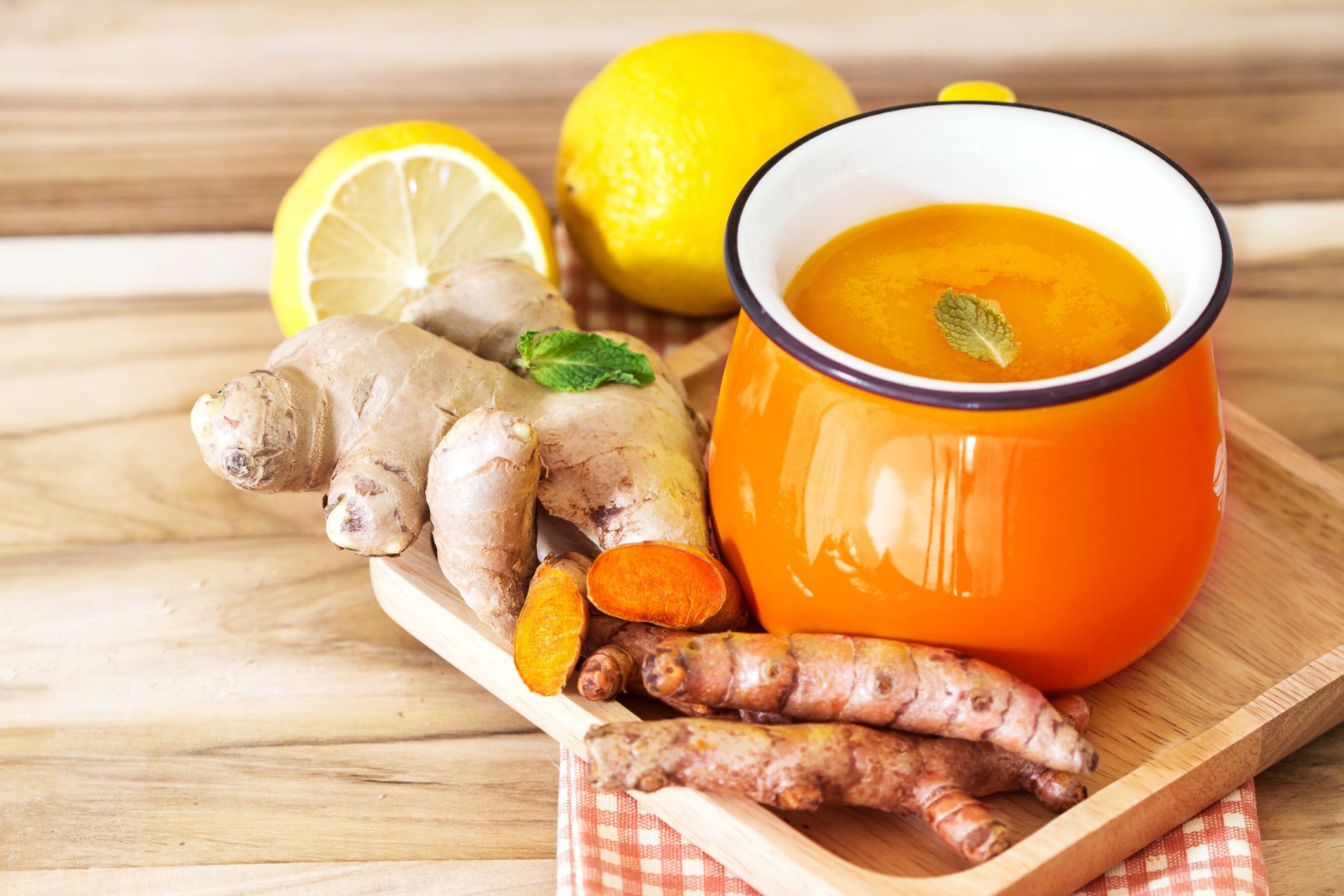
The top mistake people make when going gluten-free
When we embark down any shopping isle, we are confronted with countless different versions of the same product. One option to weigh up is whether or not to choose the gluten free variety. Before you cut out gluten, it is important to consider why you’ve decided to go gluten free.
The following article sheds light on what gluten is and what to be mindful of when deciding to go gluten free.
What exactly is gluten?
Put simply, gluten is a combination of two proteins, glutenin and gliadin which is naturally found in grains such as wheat, rye and barley. Gluten is also artificially added to processed foods such as sweets to help the product maintain its structure.
If gluten is simply made of proteins, why should we avoid it?
A gluten free label by no means denotes the food as healthier. If gluten has been removed from a product, it means that it has undergone additional processing. Unless properly monitored, a gluten free diet can potentially be low in nutrients such as fibre, folate and zinc. Being deficient in these nutrients can lead to a variety of health complications.
In particular, those who have coeliac disease or are gluten intolerant should avoid gluten. Coeliac disease is an auto-immune disorder whereby digesting gluten causes the villi in the small intestine to become inflamed and lie flat along the small intestine. The villi facilitate nutrient absorption. When the villi become inflamed, they can no longer absorb nutrients as effectively.
Common symptoms associated with coeliac disease include frequent vomiting, fatigue abdominal pain. Those who are gluten intolerant experience the same symptoms, however there is no subsequent damage to the gut lining. If you suspect that you have coeliac disease, it is important to consult a health professional. This is because if left untreated, coeliac disease can cause a multitude of health issues such as osteoporosis, thyroid disease and certain cancers.
The TOP mistake people make when avoiding gluten
Many people report that they feel more energetic and less bloated after eliminating gluten from their diet. However despite feeling healthier, this could simply be correlation rather than causation. Instead, your enhanced feeling of wellbeing could be linked to relief from cutting out certain foods which cause complications such as Irritable Bowel Syndrome (IBS), wheat allergy or FODMAP symptoms.
Thus, to get to the root cause of your symptoms, you should seek advice from a professional. In addition, many people report that going gluten free facilitates weight loss. However this most likely due to cutting out processed foods and decreasing overall kilojoule intake.
Final remarks
If the primary reason for cutting out gluten is to lose weight and feel more energetic, why not try something a little less complex? To fast track your weight loss and wellbeing goals, more effective alternatives are to increase your physical activity, eat more whole foods and cut out processed foods.
If you need enhanced training motivation or desire a structured diet and training plan which will guarantee results, make sure to register for our next 8 week challenge!
If you enjoyed this article, please subscribe to our emailing list to receive more inspirational and educational content. Also, if you haven’t already, please follow us on Instagram, Facebook and YouTube.
The following article sheds light on what gluten is and what to be mindful of when deciding to go gluten free.
What exactly is gluten?
Put simply, gluten is a combination of two proteins, glutenin and gliadin which is naturally found in grains such as wheat, rye and barley. Gluten is also artificially added to processed foods such as sweets to help the product maintain its structure.
If gluten is simply made of proteins, why should we avoid it?
A gluten free label by no means denotes the food as healthier. If gluten has been removed from a product, it means that it has undergone additional processing. Unless properly monitored, a gluten free diet can potentially be low in nutrients such as fibre, folate and zinc. Being deficient in these nutrients can lead to a variety of health complications.
In particular, those who have coeliac disease or are gluten intolerant should avoid gluten. Coeliac disease is an auto-immune disorder whereby digesting gluten causes the villi in the small intestine to become inflamed and lie flat along the small intestine. The villi facilitate nutrient absorption. When the villi become inflamed, they can no longer absorb nutrients as effectively.
Common symptoms associated with coeliac disease include frequent vomiting, fatigue abdominal pain. Those who are gluten intolerant experience the same symptoms, however there is no subsequent damage to the gut lining. If you suspect that you have coeliac disease, it is important to consult a health professional. This is because if left untreated, coeliac disease can cause a multitude of health issues such as osteoporosis, thyroid disease and certain cancers.
The TOP mistake people make when avoiding gluten
Many people report that they feel more energetic and less bloated after eliminating gluten from their diet. However despite feeling healthier, this could simply be correlation rather than causation. Instead, your enhanced feeling of wellbeing could be linked to relief from cutting out certain foods which cause complications such as Irritable Bowel Syndrome (IBS), wheat allergy or FODMAP symptoms.
Thus, to get to the root cause of your symptoms, you should seek advice from a professional. In addition, many people report that going gluten free facilitates weight loss. However this most likely due to cutting out processed foods and decreasing overall kilojoule intake.
Final remarks
If the primary reason for cutting out gluten is to lose weight and feel more energetic, why not try something a little less complex? To fast track your weight loss and wellbeing goals, more effective alternatives are to increase your physical activity, eat more whole foods and cut out processed foods.
If you need enhanced training motivation or desire a structured diet and training plan which will guarantee results, make sure to register for our next 8 week challenge!
If you enjoyed this article, please subscribe to our emailing list to receive more inspirational and educational content. Also, if you haven’t already, please follow us on Instagram, Facebook and YouTube.
Tags:
Previous post
The 4 steps to mastering the pull-up
Next post







